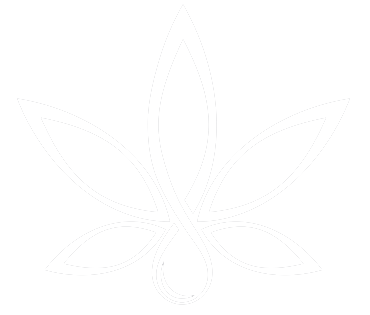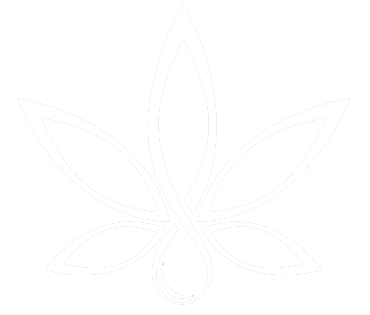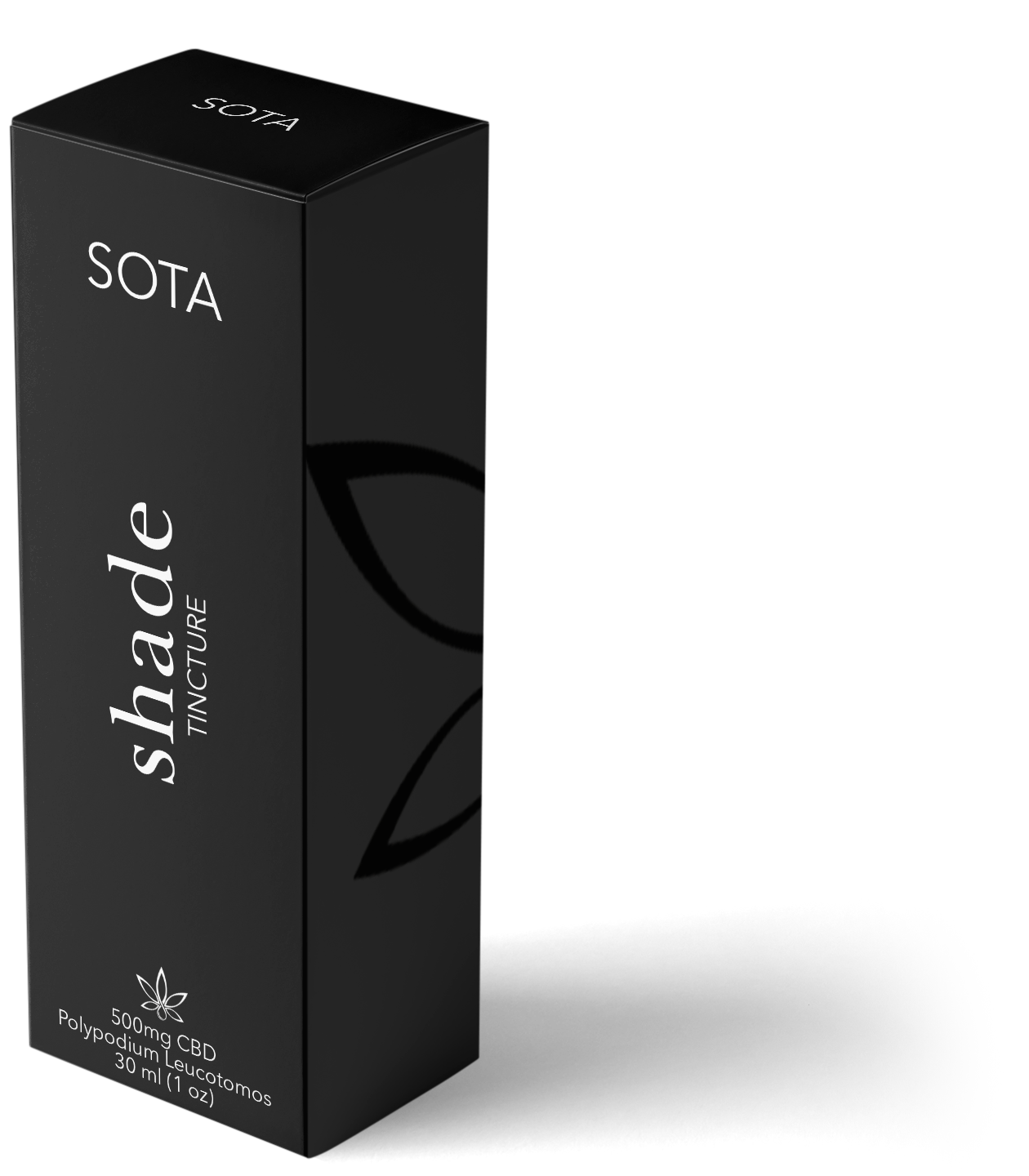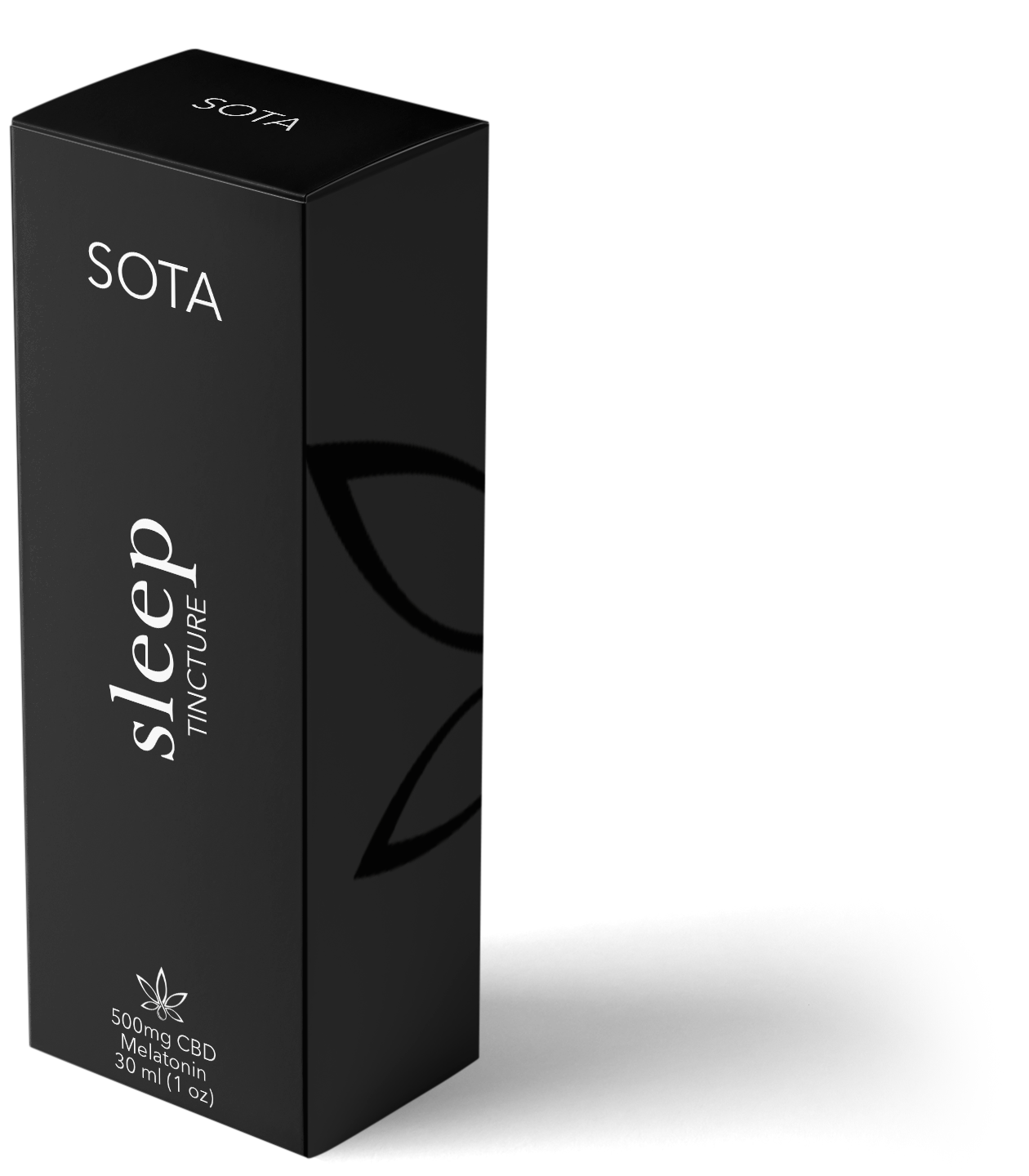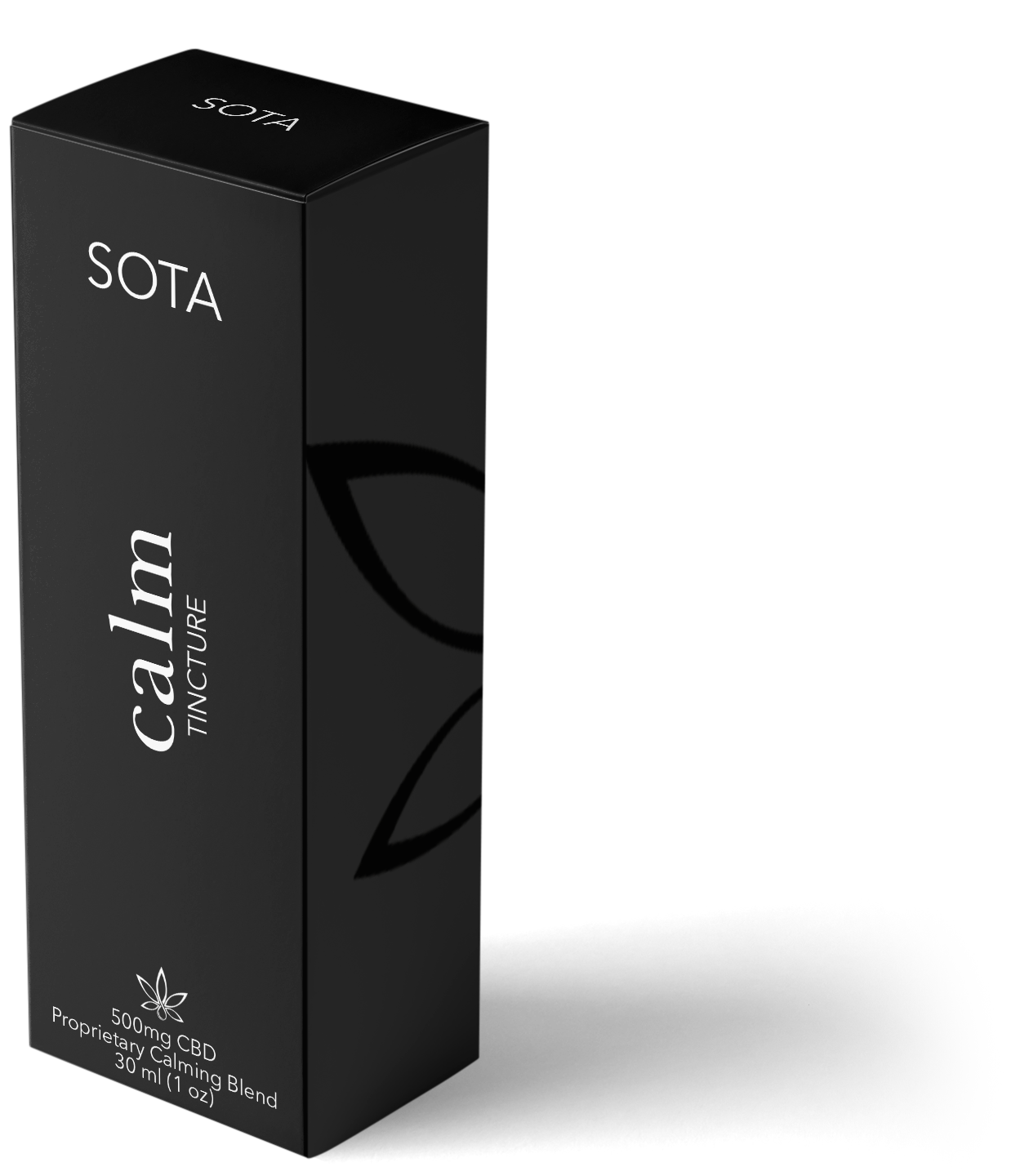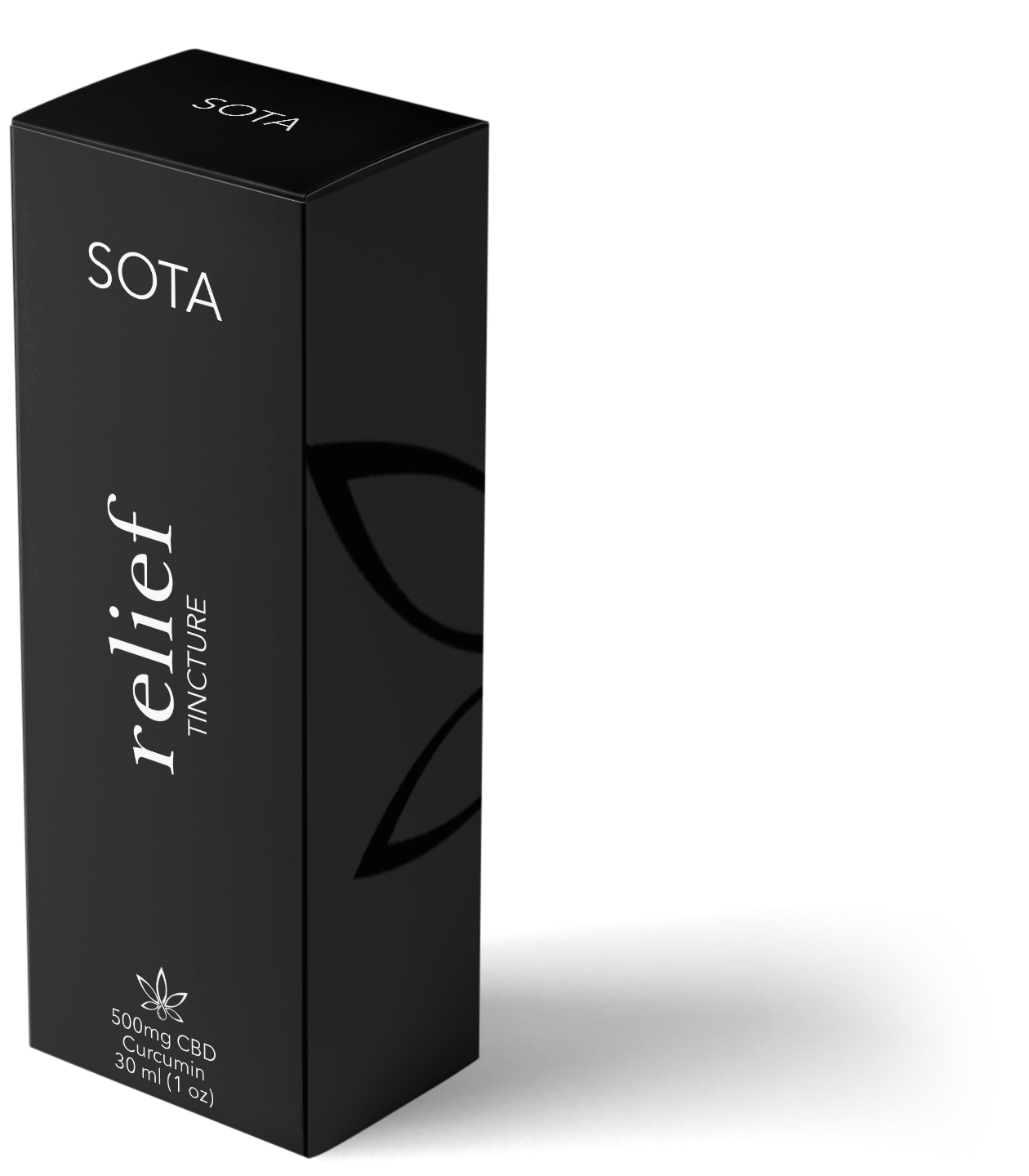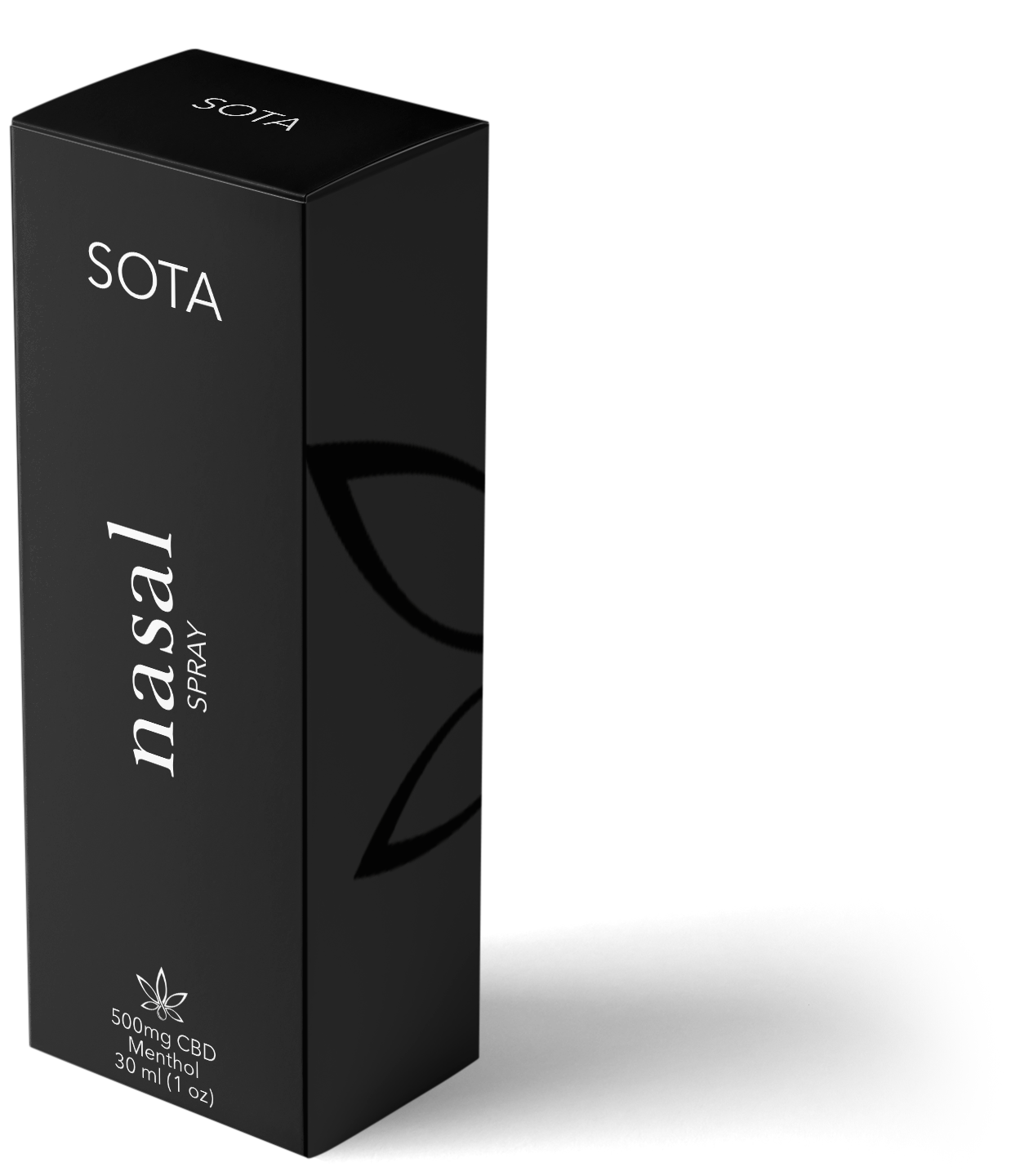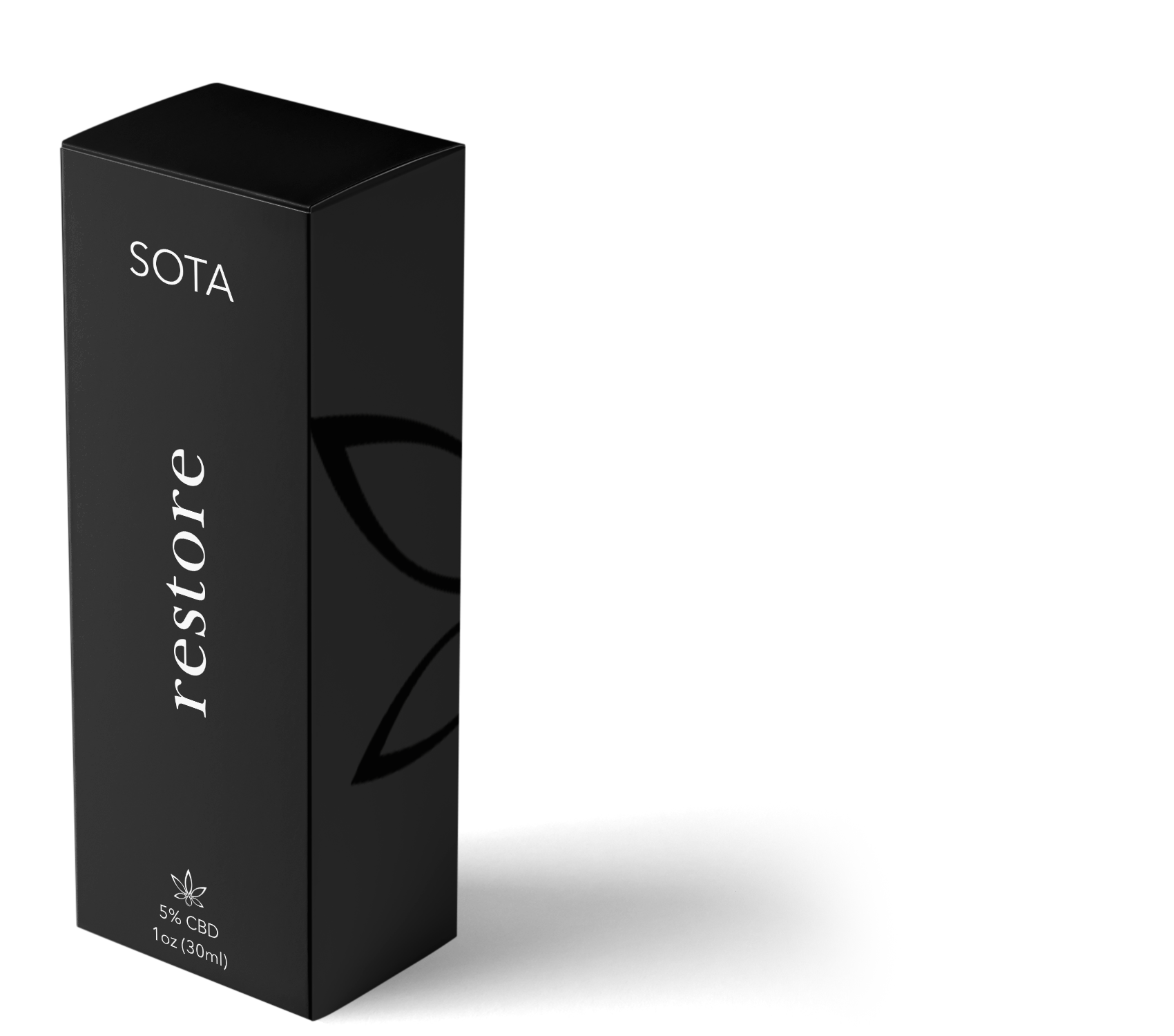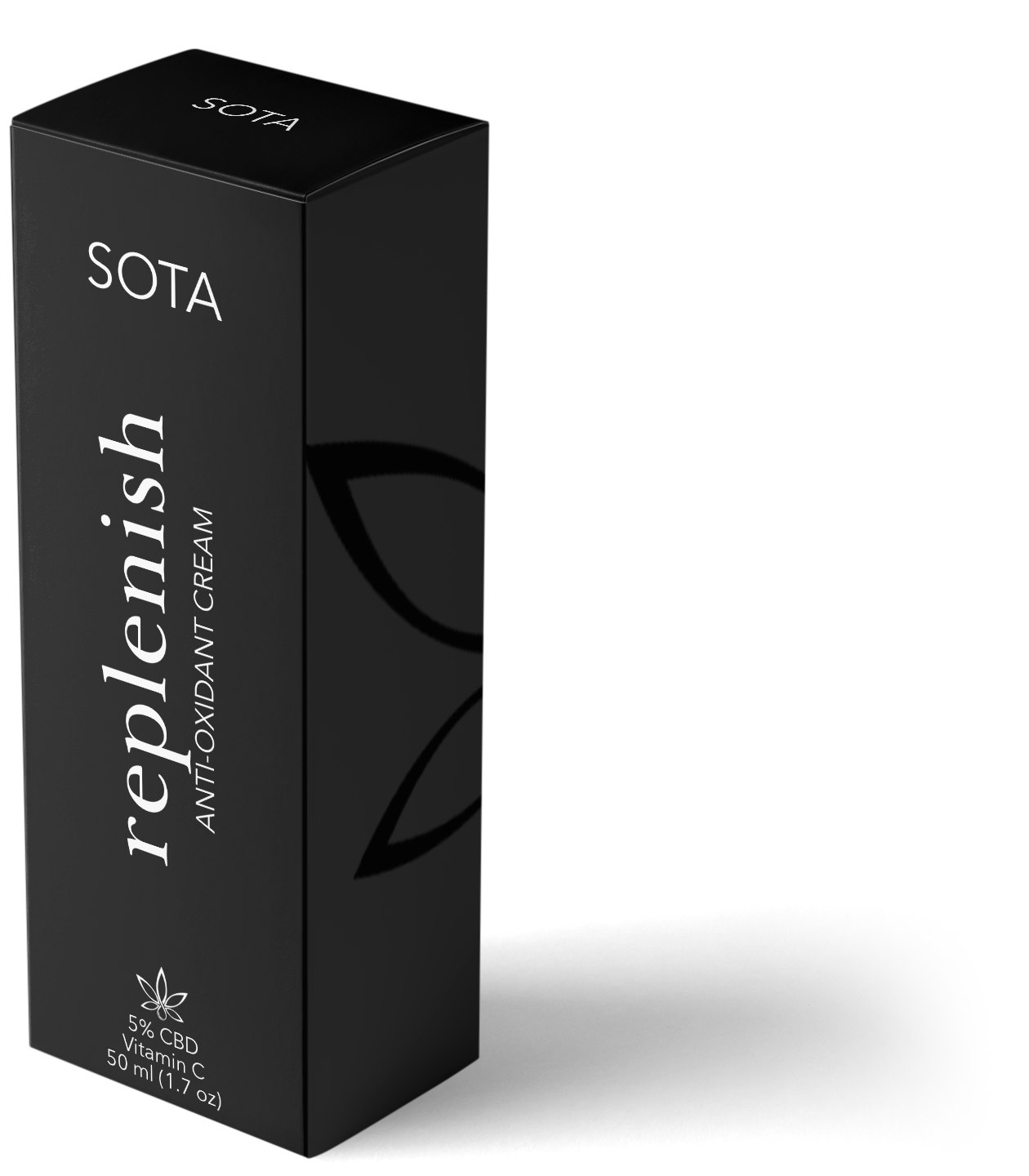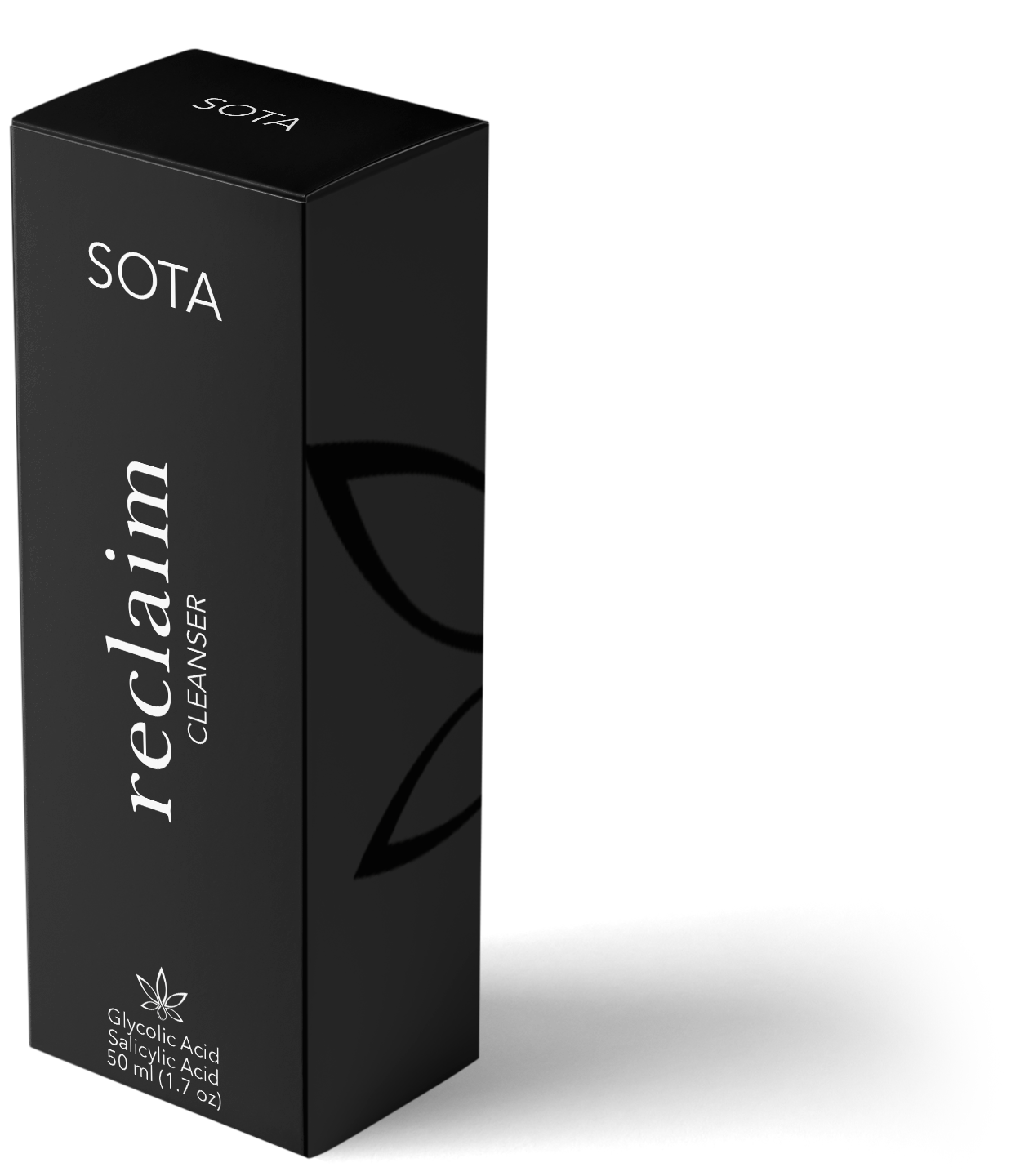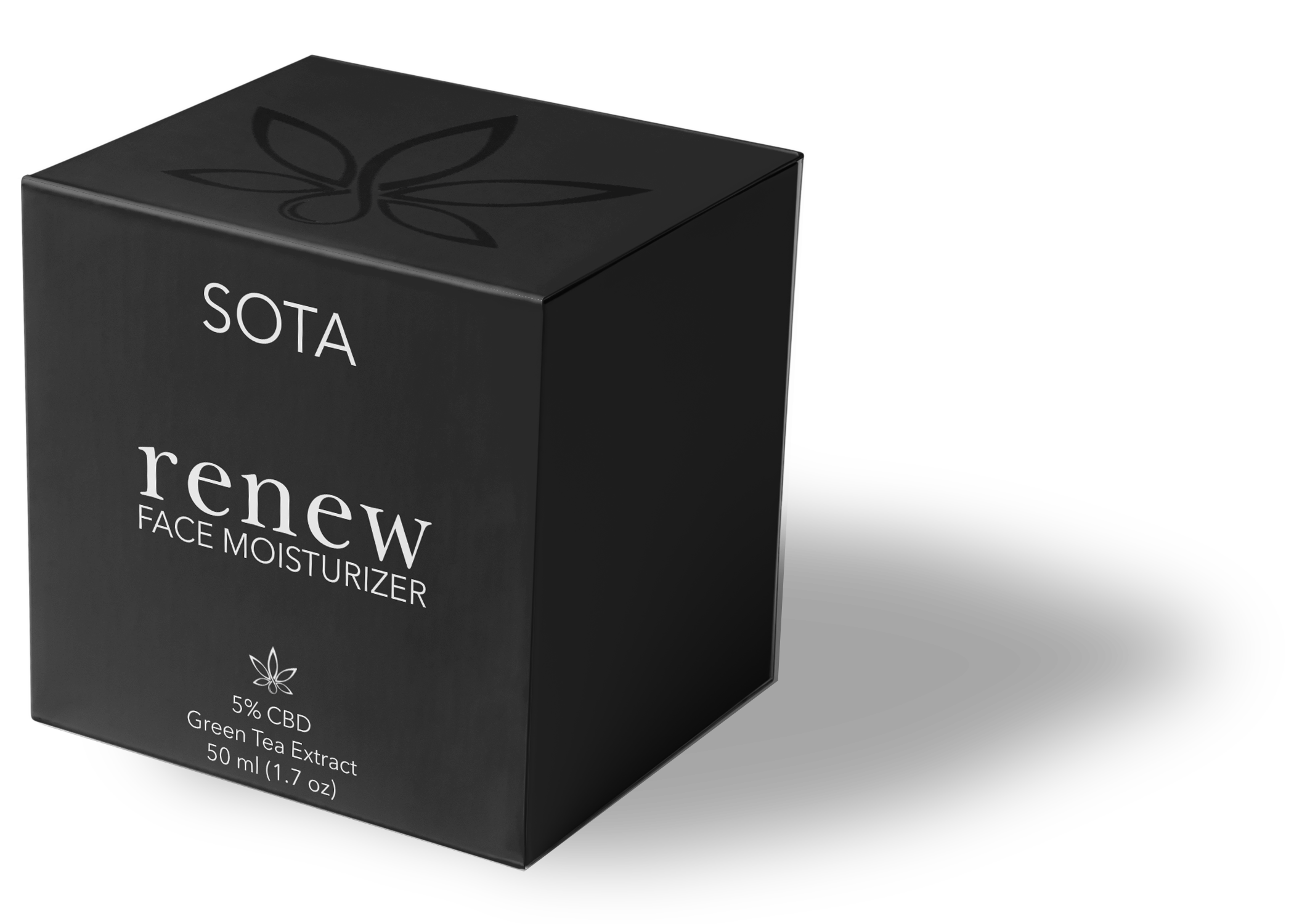Data behind
SOTA Stories
Skin and CBD
Terminology
Dr. Cather's
Published Articles

X
100% Clean and All-Natural
Patented Dropper and Packaging
X
OUR BRAND
100% Clean and All-Natural
Patented Dropper and Packaging
X
Data behind
SOTA Stories
Skin and CBD
Terminology
Dr. Cather's
Published Articles

X

Full Title:
Long-term management of moderate-to-severe atopic dermatitis with dupilumab and concomitant topical corticosteroids (LIBERTY AD CHRONOS): a 1-year, randomized, double-blinded, placebo-controlled, phase 3 trial.
Introduction:
Dupilumab (an anti-interleukin-4-receptor-α monoclonal antibody) blocks signalling of interleukin 4 and interleukin 13, type 2/Th2 cytokines implicated in numerous allergic diseases ranging from asthma to atopic dermatitis. Previous 16-week monotherapy studies showed that dupilumab substantially improved signs and symptoms of moderate-to-severe atopic dermatitis with acceptable safety, validating the crucial role of interleukin 4 and interleukin 13 in atopic dermatitis pathogenesis. We aimed to evaluate the long-term efficacy and safety of dupilumab with medium-potency topical corticosteroids versus placebo with topical corticosteroids in adults with moderate-to-severe atopic dermatitis.
Methods:
In this 1-year, randomised, double-blinded, placebo-controlled, phase 3 study (LIBERTY AD CHRONOS), adults with moderate-to-severe atopic dermatitis and inadequate response to topical corticosteroids were enrolled at 161 hospitals, clinics, and academic institutions in 14 countries in Europe, Asia-Pacific, and North America. Patients were randomly assigned (3:1:3) to subcutaneous dupilumab 300 mg once weekly (qw), dupilumab 300 mg every 2 weeks (q2w), or placebo via a central interactive voice/web response system, stratified by severity and global region. All three groups were given concomitant topical corticosteroids with or without topical calcineurin inhibitors where inadvisable for topical corticosteroids. Topical corticosteroids could be tapered, stopped, or restarted on the basis of disease activity. Coprimary endpoints were patients (%) achieving Investigator's Global Assessment (IGA) 0/1 and 2-point or higher improvement from baseline, and Eczema Area and Severity Index 75% improvement from baseline (EASI-75) at week 16. Week 16 efficacy and week 52 safety analyses included all randomised patients; week 52 efficacy included patients who completed treatment by US regulatory submission cutoff. This study is registered with ClinicalTrials.gov, NCT02260986.
Findings:
Between Oct 3, 2014, and July 31, 2015, 740 patients were enrolled: 319 were randomly assigned to dupilumab qw plus topical corticosteroids, 106 to dupilumab q2w plus topical corticosteroids, and 315 to placebo plus topical corticosteroids. 623 (270, 89, and 264, respectively) were evaluable for week 52 efficacy. At week 16, more patients who received dupilumab plus topical corticosteroids achieved the coprimary endpoints of IGA 0/1 (39% [125 patients] who received dupilumab plus topical corticosteroids qw and 39% [41 patients] who received dupilumab q2w plus topical corticosteroids vs 12% [39 patients] who received placebo plus topical corticosteroids; p<0·0001) and EASI-75 (64% [204] and 69% [73] vs 23% [73]; p<0·0001). Week 52 results were similar. Adverse events were reported in 261 (83%) patients who received dupilumab qw plus topical corticosteroids, 97 (88%) patients who received dupilumab q2w, and 266 (84%) patients who received placebo, and serious adverse events in nine (3%), four (4%), and 16 (5%) patients, respectively. No significant dupilumab-induced laboratory abnormalities were noted. Injection-site reactions and conjunctivitis were more common in patients treated with dupilumab plus topical corticosteroids-treated patients than in patients treated with placebo plus topical corticosteroids.
Other HRQoL impacts were on mood/emotion (95%), physical activities (70%), daily activities (60%), and relationships with friends and family (45%). These impacts significantly affected daily activities. Physical activities were affected by symptoms and flares, and increased sweat and friction worsened symptoms. Patients reported daily practices to control outcomes.
Conclusion:
Dupilumab added to standard topical corticosteroid treatment for 1 year improved atopic dermatitis signs and symptoms, with acceptable safety.
Funding: Sanofi and Regeneron Pharmaceuticals Inc.
2017, PMID: 28478972
Full white paper available for review here
WHITE PAPER | the abstract
Authors: Cather JC, Blauvelt A, deBruin-Weller M, Gooderham M, Weisman J, Pariser D, Simpson EL, Papp KA, Hong HC, Rubel D, Foley P, Prens E, Grifiths CEM, Etoh T, Pinto PH, Pujol RM, Szepietowski JC, Ettler K, Kemeny L, Zhu X, Akinlade B, Hultsch T, Mastey V, Gadkari A, Eckert L, Amin N, Graham NMH, Pirozzi G, Stahl N, Yancopoulos GD, Shumel B
ATOPIC DERMATITIS

